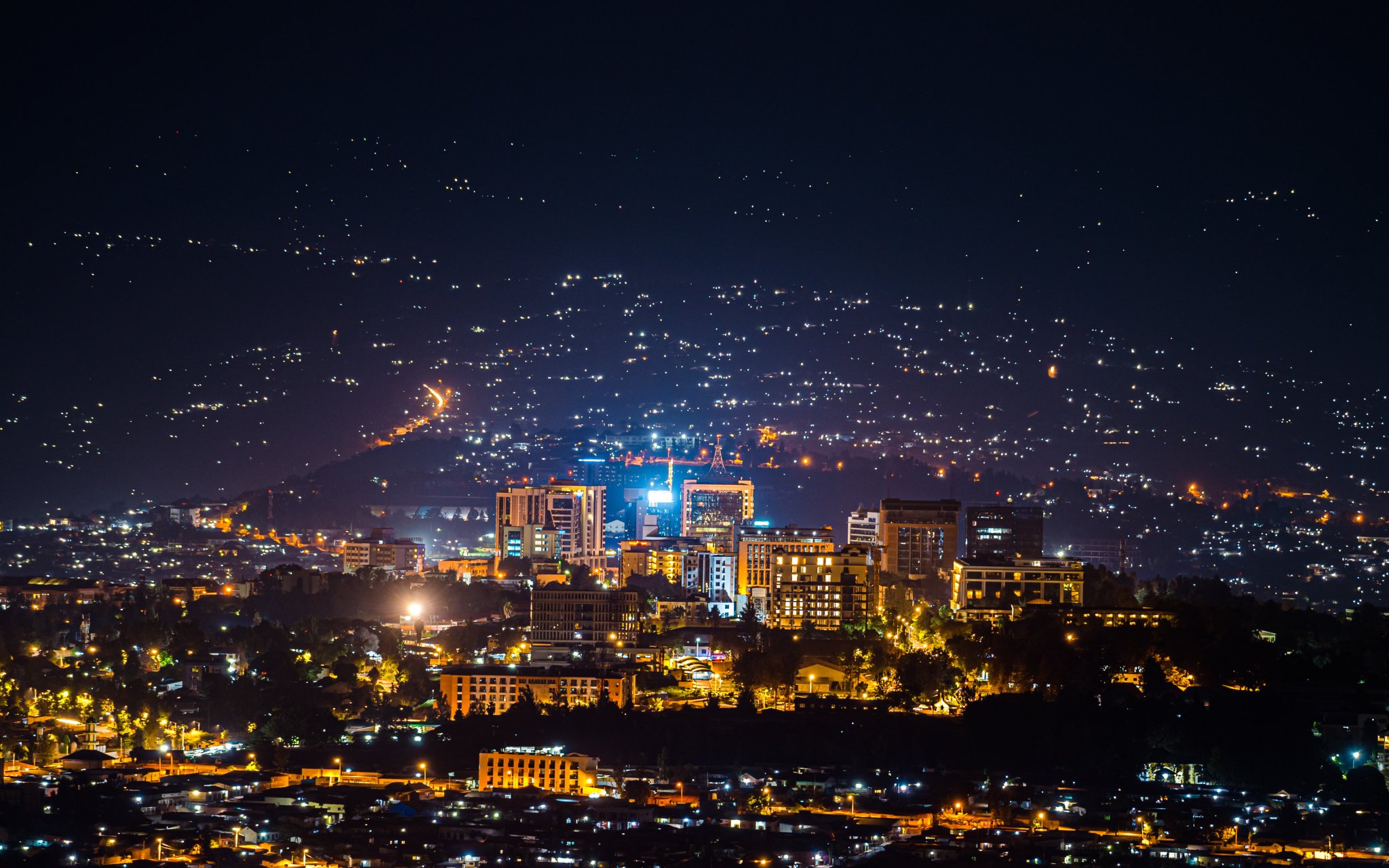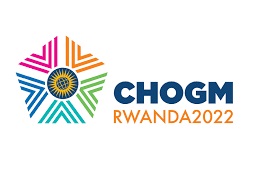Regional
Rwanda’s investment in internet connectivity is paying off
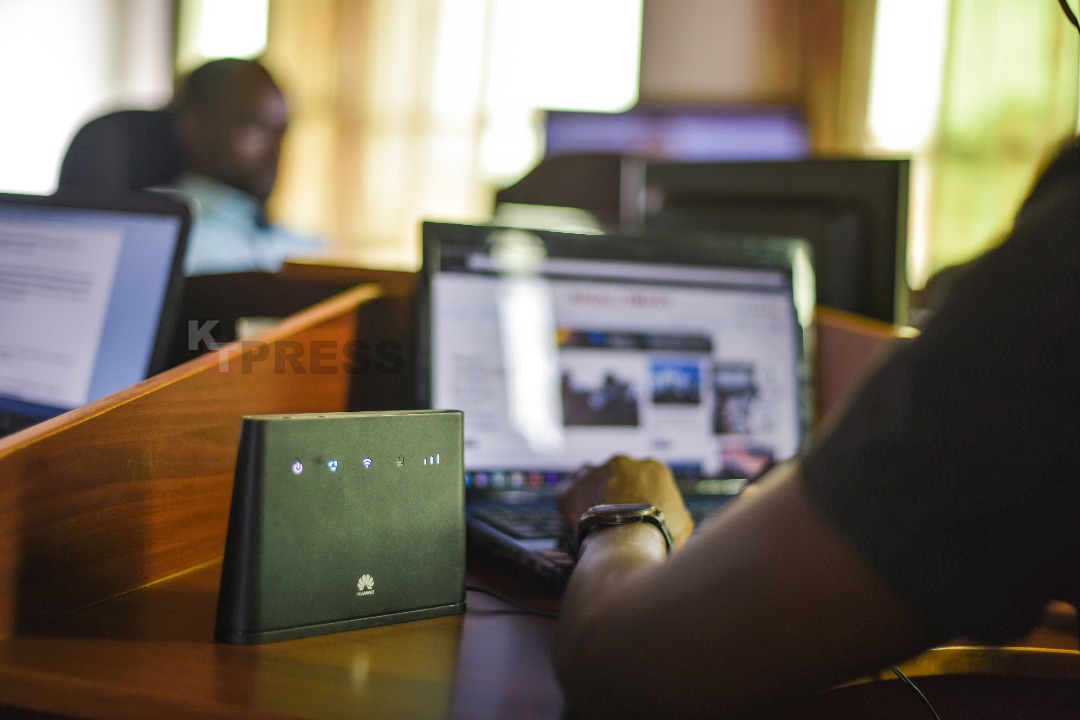
Rwanda’s vision 2050 lays out
the long-term strategic direction for “the Rwanda we want,” which includes economic growth,
prosperity, and a high quality of life for Rwandans.
The vision anchors digital
transformation as a central enabler towards achieving its objectives including access to
high-quality broadband and achieving the living standards of an upper-middle
income country by 2035 and high-income country by 2050.
The country’s broadband policy not
only maintains
efforts to expand broadband availability, but also increases affordability.
Different initiatives were put in place to achieve the
goals. These include National Information Communication
Infrastructure policies that evolved into the Smart Rwanda Master Plan
(2015-2020), the National Broadband Policy (2013), the National Digital Talent Policy (2016),
the National Cyber Security Policy (2015), the National Strategy for Transformation
(NST1), and the ICT sector Strategic plan (2017-2024), among others.
It is through these initiatives that Rwandan
institutions are, for instance, benefitting from the satellite-based internet
provided by billionaire Elon Musk's high-speed satellite internet venture,
Starlink.
According to spending priorities under Rwanda’s 2023-2024
budget, ICT is at
the forefront of the ongoing government effort to
invest in Rwanda’s future, through the National Strategy for Transformation.
Rwanda aspires to be the leading ICT hub in Africa, exhibiting
a culture of innovation. The country envisions having high usage and awareness
of ICT in the society and ICT contributing a significant portion of the economy.
Internet connectivity is essential for Rwanda to
become the continent’s ICT hub. The country has made major improvements in
introducing high quality internet.
In 2018, 4G LTE coverage was more than 95 per cent of
population nationwide; from 26 per cent in in 2015.
It was the first time there was such countrywide 4G
network coverage on the African continent.
The 4G network coverage in Rwanda is estimated to
amount 100 per cent in 2023; average 4G connection speed in the country is estimated
at 24.72k kbit/s, while the 3G network coverage is estimated at 99.86 per cent.
The
government has opted to transform
Kigali, the capital city, into a preferred place for
technology-based
innovative projects.
Related: Rwanda: Transforming Kigali into a
smart city to create a blueprint for urban innovation
Kigali is home to Norrsken, Africa’s biggest hub for
entrepreneurship which hosts over 1,000 entrepreneurs and innovators.
The Global Financial Centers Index report published in
September 2023, ranked Kigali the third among the top African countries for
business and investment in the same year, for its increasing use of technology
among other factors.
In August, Rwanda secured the fifth position in
fintech startup funding across Africa, according to Afridigest's Fintech
Transactions Database.
According to the 2023 Global Internet Speed Report, the
country has made the biggest leap in fixed broadband
speeds, making its
position in the global rankings rise by 47 places.
This
is largely attributed to the liberalization of the sector, which saw the east
African nation grant 114 fixed broadband licenses to internet service providers.
Rwanda’s
internet penetration stood at 60.6 per cent by the close of 2022, with its
international bandwidth capacity rising by 29.4 per cent.
Today,
broadband networks are widely available to most citizens across the country. Broadband Internet is helping connect
rural and remote communities to a bright digital future.
Thanks to Irembo, an e-government platform which
enables the access and provision of government services, people don’t have to
travel more than 10, or 20, or 50 or 100 kilometers to make their tax declarations
and then to the bank to make their payments.


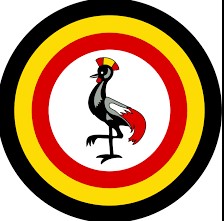
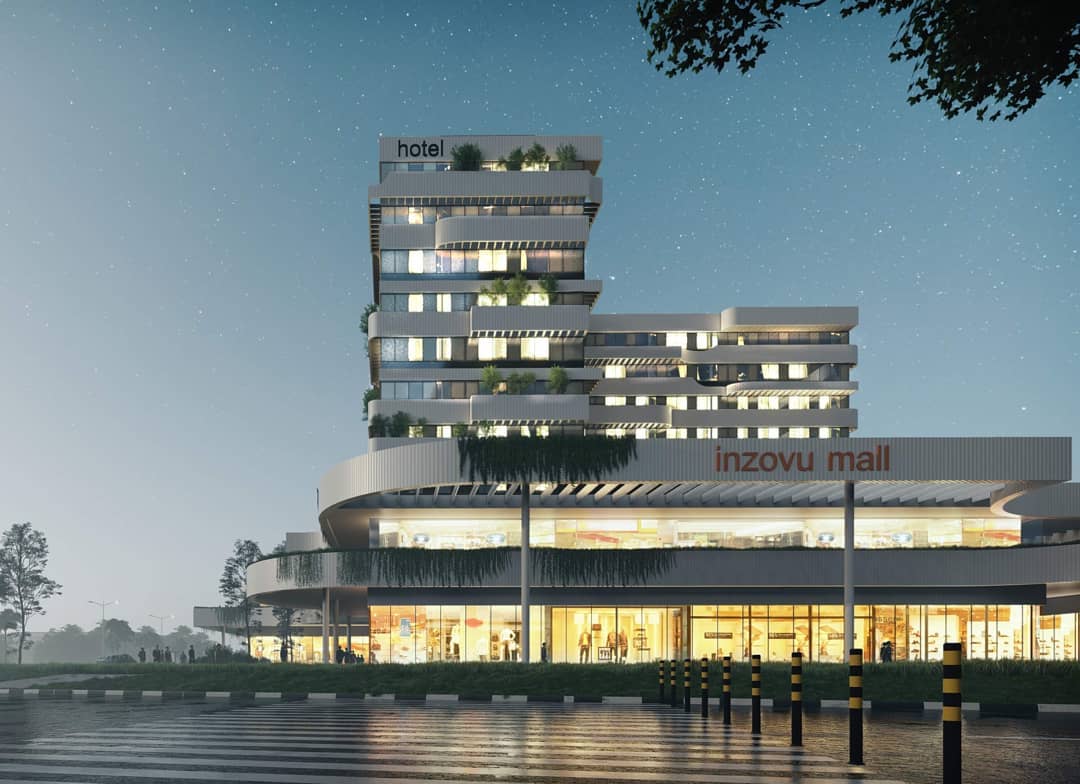
.jpeg-20230901052649000000.jpeg)
